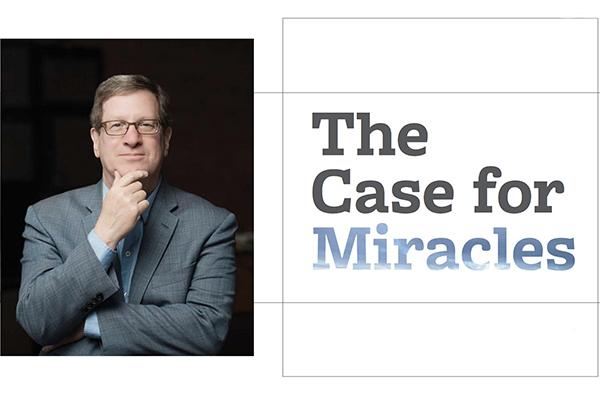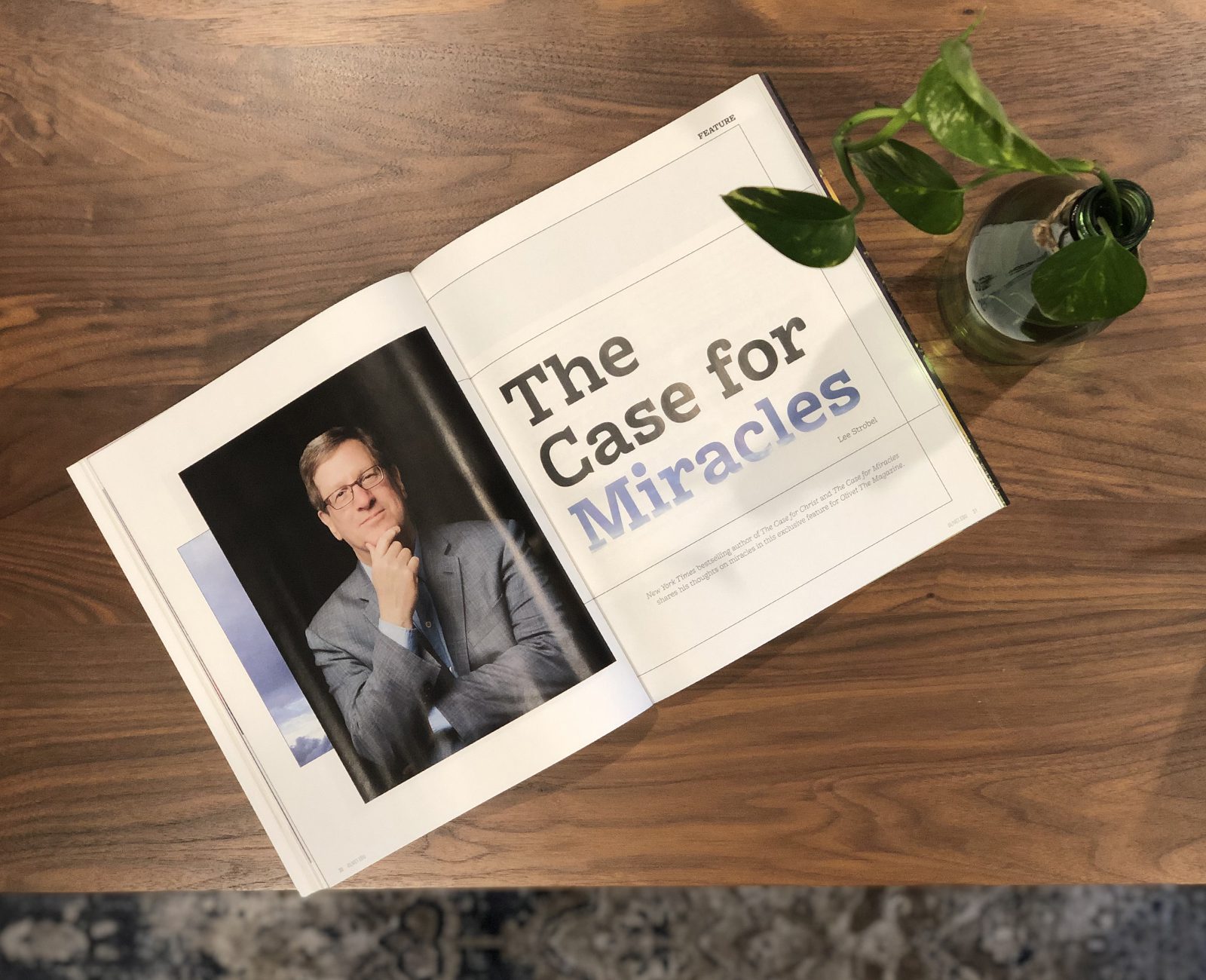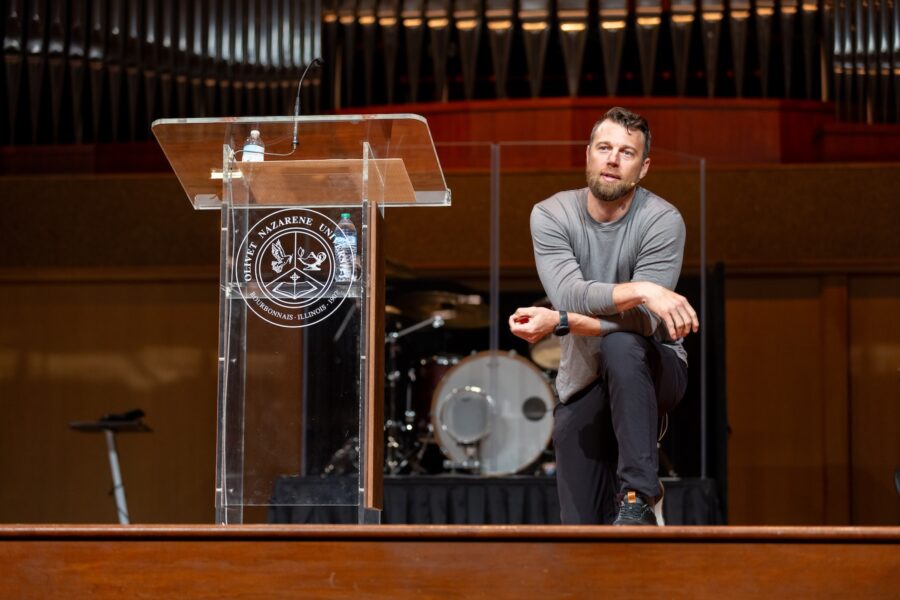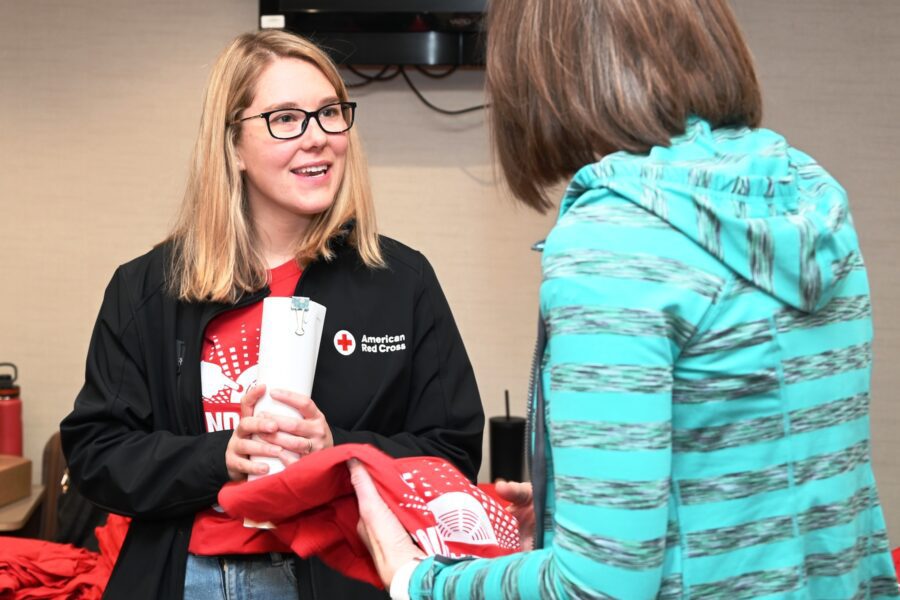
In the winter issue of Olivet The Magazine, New York Times bestselling author of The Case for Christ and The Case for Miracles, Lee Strobel, shares his thoughts on miracles in this exclusive feature. The full piece can be read at issuu.com/olivet. The following are excerpts from his article.

Is God Still in the Miracle Business? I was an atheist for much of my life. As legal editor of the Chicago Tribune, I considered myself too rational to be swayed by religious propaganda. Yet it was the persuasive historical evidence for a miracle — the resurrection of Jesus — that convinced me Christianity is true and brought me to faith in Him.
Still, my skeptical nature didn’t dissolve at conversion. Yes, I believed God had performed miracles in the past, but I wondered: Is God still in the miracle business today?
Using my journalism and legal training, I embarked on a nearly two-year investigation into the supernatural, resulting in my new book The Case for Miracles. And frankly, the results blew me away. …
How common are miracles? I conducted a scientifically valid survey of American adults and found that 38 percent said they’ve had at least one incident they can only explain as a miracle. Let’s suppose 99 percent of them are mistaken. That would still leave nearly a million miracles in the United States alone!
How can we tell if a miracle is genuine? While it’s true that some supposed miracles may have naturalistic explanations, I found that this cannot account for all miracle claims. I encountered healings and other miraculous events that are simply inexplicable apart from the supernatural work of God.
I believe we can reasonably conclude a miracle occurred if we have solid documentation with multiple and credible eyewitnesses who have no motive to deceive, if there are no naturalistic alternatives, and if it occurs amidst spiritual circumstances, such as prayer. …
Indiana University professor Candy Gunther Brown (PhD, Harvard), led a team that went to villages in Mozambique to study 24 people who were blind or deaf, or who suffered from severe visual or hearing impairment.
First, her team used technical equipment to precisely determine each person’s level of hearing or vision. Then they were each prayed for individually in the name of Jesus with accompanying touch. Immediately, they were tested again. The results?
“We saw improvement in almost every single subject we tested,” Dr. Brown told me. “Some of the results were quite dramatic.” Indeed, the average improvement in visual acuity was more than tenfold. Martine, a resident of the Namuno village, couldn’t hear the equivalent of a jackhammer next to her when the researchers first tested her. After prayer, she is now able to hear normal conversations. Brown and her team then did a replication study in Brazil to see if they would get similar results — and they did.
This was a rigorous scientific study accepted for publication in the secular, peer-reviewed scientific Southern Medical Journal. What’s Dr. Brown’s conclusion?
“Our study shows that something is going on,” she told me. “This is more than just wishful thinking. It’s not fakery; it’s not fraud. It’s not some televangelist trying to get widows to send in their money. It’s not a highly charged atmosphere that plays on people’s emotions. Something is going on.”
Personally, I would venture to say that something miraculous is occurring — and that’s just one of the studies that I examined. God, you see, is still in the miracle business today.
For more information about Olivet, contact the Office of Admissions at admissions@olivet.edu or 800-648-1463.
Published 12/08/2020
LB




